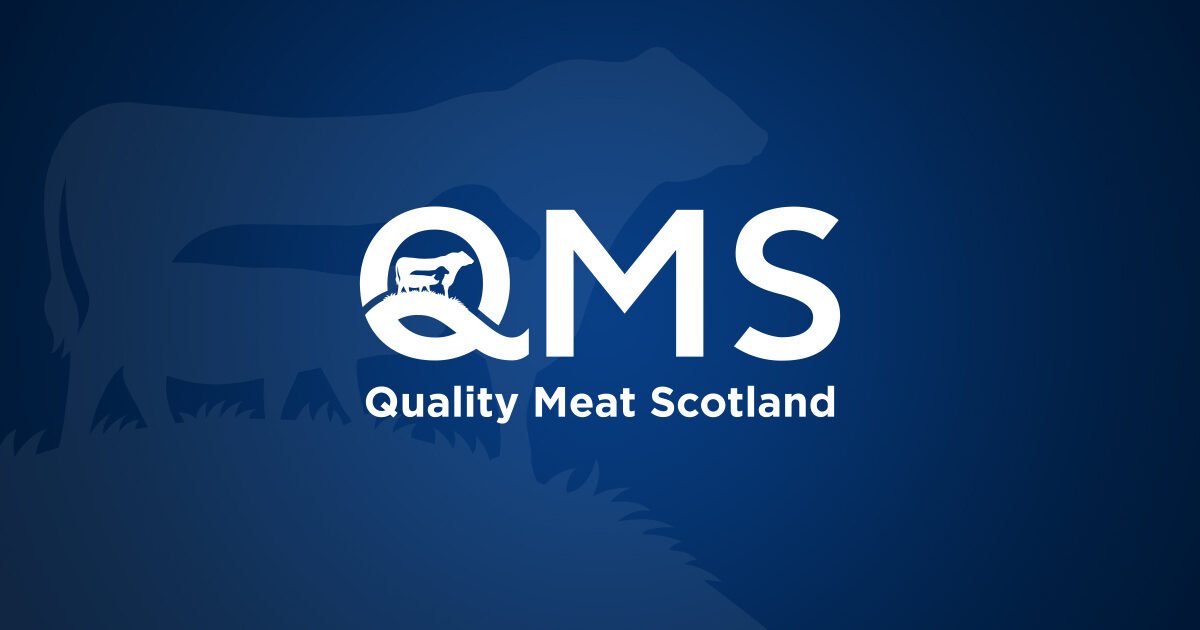Breeding
Better: QMS Partners on Net Zero Genetics Project
By Dr. Emma
McGowan, Genetics Specialist at Quality Meat Scotland (QMS)
At QMS, we’re committed to harnessing genetics to secure a more
efficient, sustainable future for Scotland’s red meat sector. One of the most
promising opportunities lies in breeding strategies that improve production
efficiency, reduce environmental impact, and enhance animal health and welfare.
That’s why we’re delighted to be working with the Agri-Food for
Net Zero (AFN) Network on an exciting new scoping study: Breeding Better Beef
and Sheep.
Led by Kat Watson at the Royal Agricultural University, this
collaborative one-year project brings together farmers, industry bodies, and
academic researchers to identify breeding strategies that are cost-effective,
practical, and contribute meaningfully to the UK’s net zero ambitions.
The project’s unique approach is putting farmers in the driving
seat. Researchers are engaging directly with 20 case study farms from across
the devolved nations, alongside key industry stakeholders, to understand the
breeding techniques they use for sheep and cattle, and the relative impact of
these on both emissions and farm profitability.
In parallel, the team is undertaking a comprehensive review of
scientific literature to establish which breeding strategies show the greatest
promise for reducing greenhouse gas emissions—an area that is proving as
complex as it is crucial.
The research team is now collating and analysing all this
information, with plans to share findings at industry workshops in the autumn.
These workshops will be key to shaping the future of breeding practices for
beef and sheep across the UK.
What Have We Learned So Far?
Kat Watson and her team have shared some early insights:
“What we have found so far is that breeding programmes and
approaches are hugely variable, even within one sector. Each farmer we speak to
seems to take a slightly different approach based on their farming context,
which is appropriate but makes measuring and comparing relative impact on net
zero and costs very tricky.
“What seems consistent is the need for reliable records to inform
decisions, from choosing replacements and breeding stock to monitoring animal
performance over their lifetime. This data comes from variable, fragmented
sources and is of varying quality. But the literature shows a consistent
benefit from using breed indexes, with further benefits from selecting breeding
animals based on genomic information. The role of genomics in the future of
farming seems advantageous when used to inform breeding decisions.”
A Word From Our Farmers
As the project progresses, farmers’ voices are central. They’re
sharing invaluable insights into what breeding strategies work on the ground,
the challenges they face, and how genetics can support their business and the
environment.
David Hill, Suffolk breeder enrolled in the project, said:
“For our system, genomics is a huge part of the health of our flock. This
can be a real win if we move the industry towards disease resistance.”
Stay tuned this autumn for the opportunity to join our workshops
and help shape the future of sustainable beef and sheep production in the UK.

